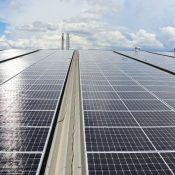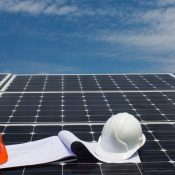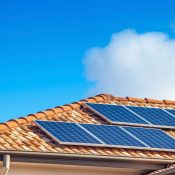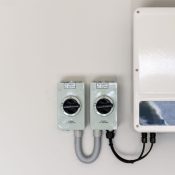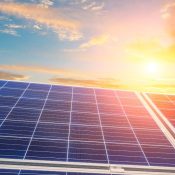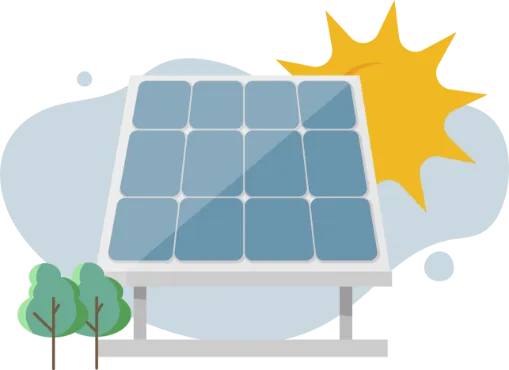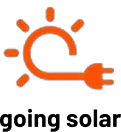How Do Solar Panels Work?
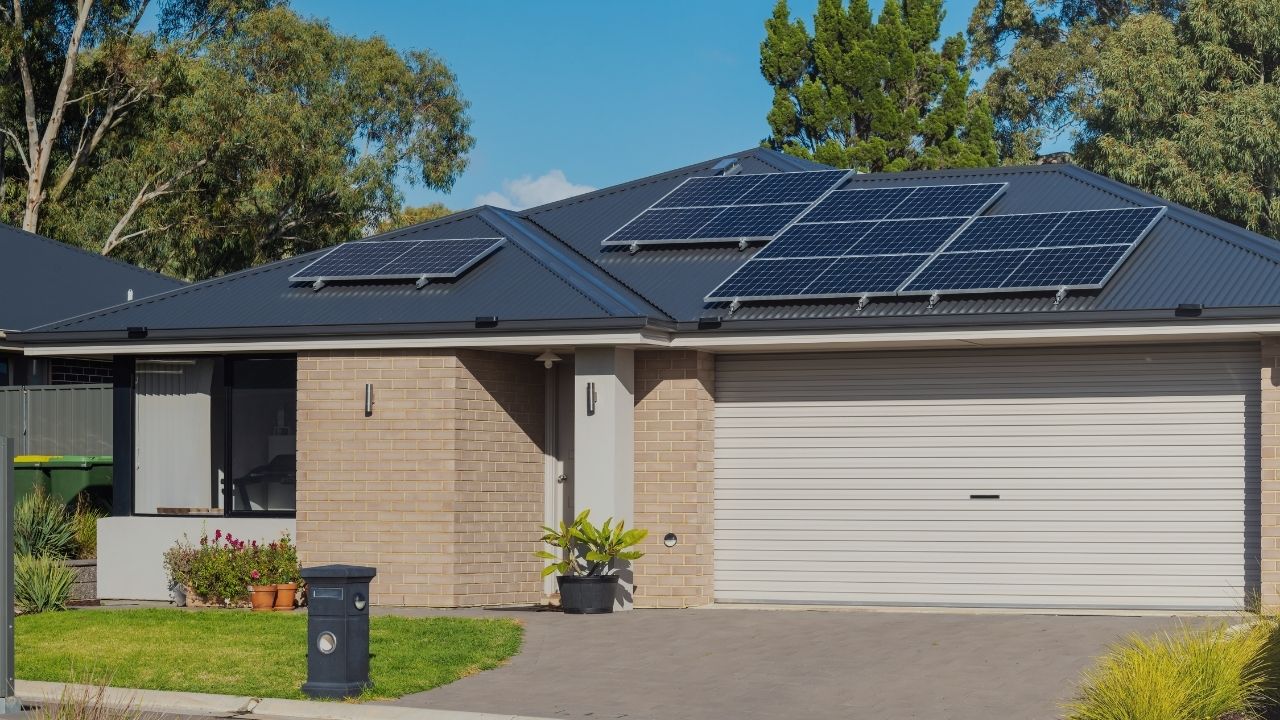
Are you considering installing solar panels but unsure how they actually generate electricity for your home? Solar panels are becoming increasingly popular in Ireland for their ability to reduce energy bills and provide a sustainable alternative to traditional power sources.
Solar panels offer the advantage of producing clean, renewable energy directly from sunlight, helping households and businesses cut costs while lowering their carbon footprint. This can be particularly beneficial in a country where energy prices are rising and climate goals are becoming a national priority.
However, understanding how do solar panels work is essential to make a decision about whether they are right for you. In this blog, we will explore step by step how solar panels generate electricity, their efficiency in Ireland’s climate, and highlight the benefits of installing a solar system in your home.
What Are Solar Panels?
Solar panels, also known as photovoltaic (PV) panels, are devices designed to capture energy from the sun and convert it into usable electricity. Each panel is made up of smaller units called solar cells, typically constructed from silicon, a material well-suited to conducting energy.
When grouped together, these cells generate a flow of electricity that can power homes and businesses. In Ireland, solar panels are increasingly popular due to their ability to lower energy costs, reduce reliance on the grid, and contribute to a cleaner, more sustainable future.
How Do Solar Panels Work in Ireland?
Solar panels in Ireland work by capturing daylight rather than only direct sunshine and converting it into electricity through the photovoltaic effect. When sunlight reaches the solar cells, electrons within the silicon layers become energised and start moving, which creates a flow of direct current (DC).
This DC electricity then passes through an inverter, which transforms it into alternating current (AC) that can safely power household appliances. Ireland’s weather may be cloudy or rainy at times, but solar panels remain effective under diffuse light conditions. Modern systems are capable of generating between 10-25% of their potential output even on overcast days.
Any excess electricity produced can be stored in batteries for later use or exported back to the grid through the Microgeneration Support Scheme (MSS). This makes solar energy both a cost-saving and sustainable option for Irish homes and businesses.
What Are the Types of Solar Panels in Ireland?
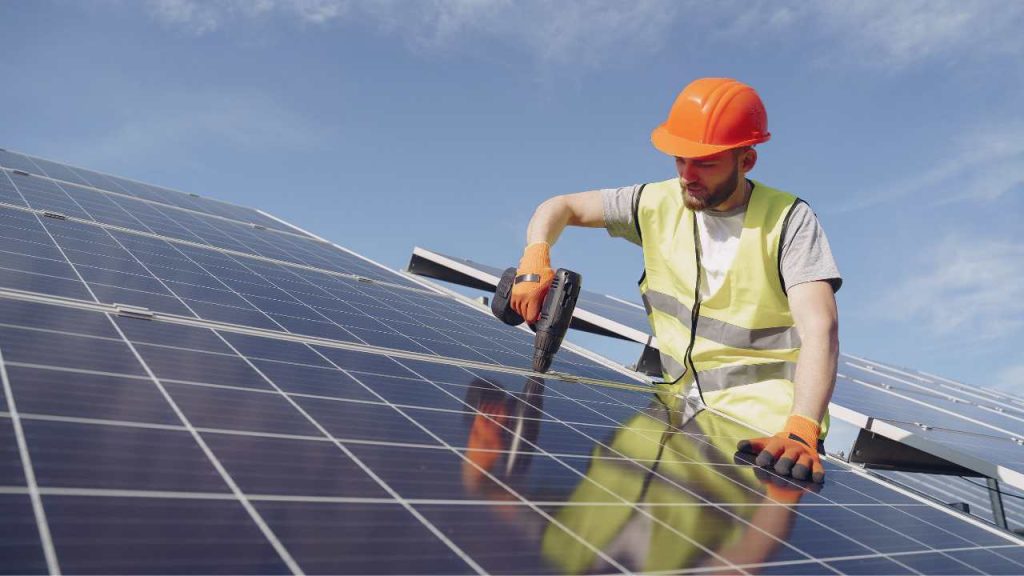
Choosing the right type of solar panel is crucial to maximising efficiency and value for your home. In Ireland, homeowners can choose from several panel technologies, each with its own advantages.
Monocrystalline Solar Panels
These panels are made from a single crystal structure, which gives them a sleek black appearance and high efficiency. They are an excellent choice for homes with limited roof space as they produce more electricity per square metre. Their durability and long lifespan make them one of the most popular options in Ireland.
Polycrystalline Solar Panels
Polycrystalline panels are created from multiple fragments of silicon melted together, giving them a blue speckled look. They are slightly less efficient than monocrystalline panels, but they are more affordable. This balance of cost and performance makes them a common option for households looking to go solar on a budget.
Thin-Film Solar Panels
Thin-film technology is made by layering photovoltaic material onto a flexible base. While they are less efficient compared to crystalline panels, they are lightweight and versatile. This makes them suitable for irregular surfaces or larger-scale projects where roof weight is a concern.
What Are the Benefits of Installing Solar Panels in Ireland?
Installing solar panels in Ireland offers both financial and environmental advantages. Beyond saving money on electricity, they also help households and businesses move towards a greener and more independent energy future.
Lower Energy Bills
Solar panels generate free electricity from daylight, which reduces dependence on the grid. Over time, households can save hundreds of euros annually, making the investment highly cost-effective. The savings grow year after year as energy prices continue to rise, which means the return on investment becomes even more attractive. For many families, solar panels pay for themselves within a few years and continue to deliver long-term value.
Government Grants and Incentives
With support such as SEAI grants and the Microgeneration Support Scheme, the cost of installation is reduced, and homeowners can even earn money by exporting excess electricity back to the grid. These financial incentives make solar power accessible to more households across Ireland. They also ensure that the transition to renewable energy is not only environmentally responsible but also affordable.
Energy Independence
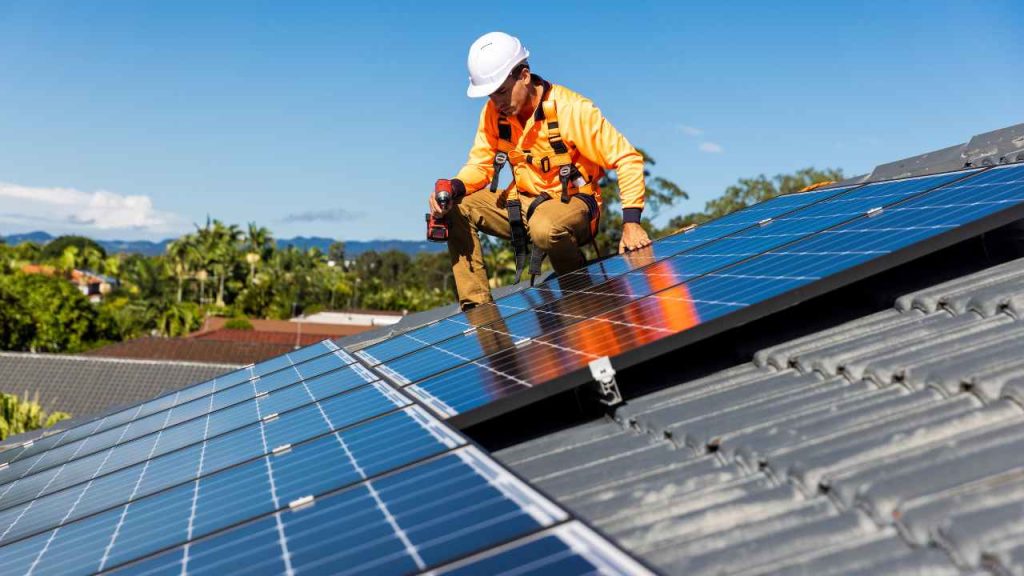
Producing your own power protects you from fluctuating energy prices. Battery storage also allows you to use solar energy during the evening or in case of outages. This independence gives homeowners greater control over their energy usage and peace of mind knowing they are less exposed to market volatility. Over time, energy independence provides stability and security for Irish households.
Environmental Impact
Solar panels produce clean, renewable electricity that reduces carbon emissions. By switching to solar, homeowners contribute directly to Ireland’s climate goals and a more sustainable planet. Every installation plays a part in reducing reliance on fossil fuels and cutting harmful greenhouse gases. This makes solar not just a smart financial decision, but also a meaningful contribution to future generations.
Increased Property Value
Homes with solar panels are more attractive to eco-conscious buyers. Studies show that properties with renewable energy systems often achieve a higher resale value. Buyers see solar panels as a sign of modernisation, efficiency, and lower long-term costs. This means installing solar panels not only benefits you today but also boosts your home’s marketability in the future.
Conclusion
Understanding how do solar panels work gives homeowners in Ireland the confidence to make informed choices about renewable energy. From the photovoltaic effect that converts sunlight into electricity to the benefits of lower bills, government incentives, and a reduced carbon footprint, solar panels offer both financial savings and environmental impact. With different types of panels available and proven effectiveness in Ireland’s climate, solar energy is a reliable and future-ready solution.
As Ireland’s trusted solar panel installation company, we provide customised solutions, expert installation, and full support from start to finish. Contact Going Solar today to book your consultation and begin your journey toward energy independence and long-term savings.
Planning a switch to solar energy?
Contact Going Solar now and Get Free Advice & Quote Within Minutes!
Frequently Asked Questions
Contact Going Solar Now!
Joe Brennan
Founder @ Going Solar
Joe Brennan, the founder of Going Solar, is dedicated to making solar power mainstream in Ireland and meet SEAI objectives. With a focus on affordability and sustainability, he is bringing renewable energy solutions to homes, reducing costs & environmental impact.
Recent Posts

